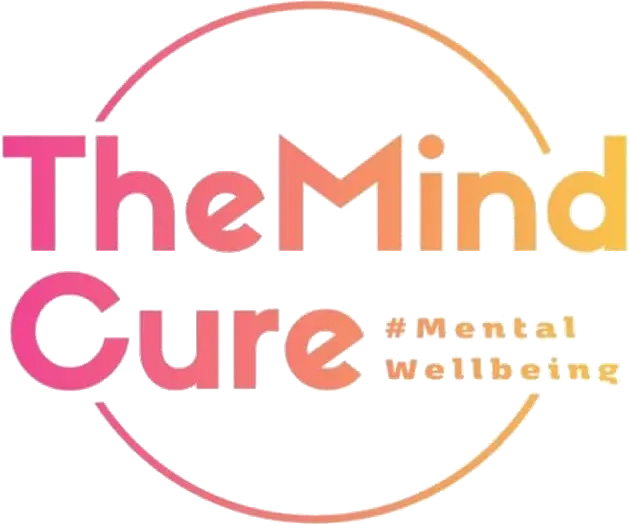Being hyperactive can affect children and adults, impacting focus, concentration, and daily functioning. Understanding hyperactive symptoms, identifying the causes of hyperactive behavior, and applying effective hyperactive management techniques can help improve cognitive function and behavior.
Recognizing Hyperactive Symptoms
Common symptoms of being hyperactive include:
- Constant movement or restlessness
- Difficulty staying seated or still
- Impulsive behavior and poor self-control
- Short attention span and trouble focusing
- Frequent interruptions in conversations
- Excessive talking or inability to wait for turns
- Difficulty completing tasks or following instructions
Professional assessment may be necessary if these symptoms persist and interfere with daily activities.
Common Causes of Hyperactive Behavior
There is no single cause of being hyperactive; it often stems from multiple factors, such as:
- Genetics – A family history of ADHD or similar conditions may increase the risk.
- Brain Chemistry – Imbalances in neurotransmitters like dopamine can impact attention and impulse control.
- Environmental Factors – Exposure to toxins, poor diet, and lack of physical activity may contribute to hyperactive symptoms.
- Lack of Sleep – Sleep deprivation can increase impulsivity and restlessness.
- Excessive Screen Time – Overstimulation from digital devices may lead to focus and concentration issues.
Effective Hyperactive Management Strategies
1. Behavioral Strategies for Hyperactive Individuals
Implementing structured routines and clear expectations can help individuals manage hyperactive symptoms. Techniques such as positive reinforcement, time management, and breaking tasks into smaller steps can improve focus and behavior.
2. Focus and Concentration Improvement
Practicing mindfulness, meditation, and breathing exercises can enhance focus and concentration. Engaging in activities like reading, puzzles, or learning new skills helps stimulate brain function.
3. Brain-Boosting Activities
Physical exercise, such as yoga, swimming, or aerobic workouts, can help regulate energy levels and improve cognitive function. Outdoor play and structured sports also aid in hyperactive management.
4. Managing Impulsivity
Encouraging self-regulation techniques, such as pausing before responding or using visual reminders, can reduce impulsive behavior. Practicing social skills and communication strategies also helps manage hyperactive tendencies in daily life.
5. Nutrition for Cognitive Function Enhancement
A well-balanced diet rich in omega-3 fatty acids, lean proteins, and complex carbohydrates can support brain function and impulse control. Avoiding excessive sugar and processed foods may reduce hyperactive symptoms.
6. Seeking Professional Guidance
If hyperactive symptoms significantly impact daily life, consulting a healthcare provider, psychologist, or therapist can provide tailored strategies for better hyperactive management.
Final Thoughts
Being hyperactive can be challenging, but with the right management strategies, it is possible to improve focus, behavior, and cognitive function. Recognizing hyperactive symptoms, understanding the causes of hyperactive behavior, and applying behavioral strategies, brain-boosting activities, and nutrition-based approaches can make a significant difference in everyday life.




